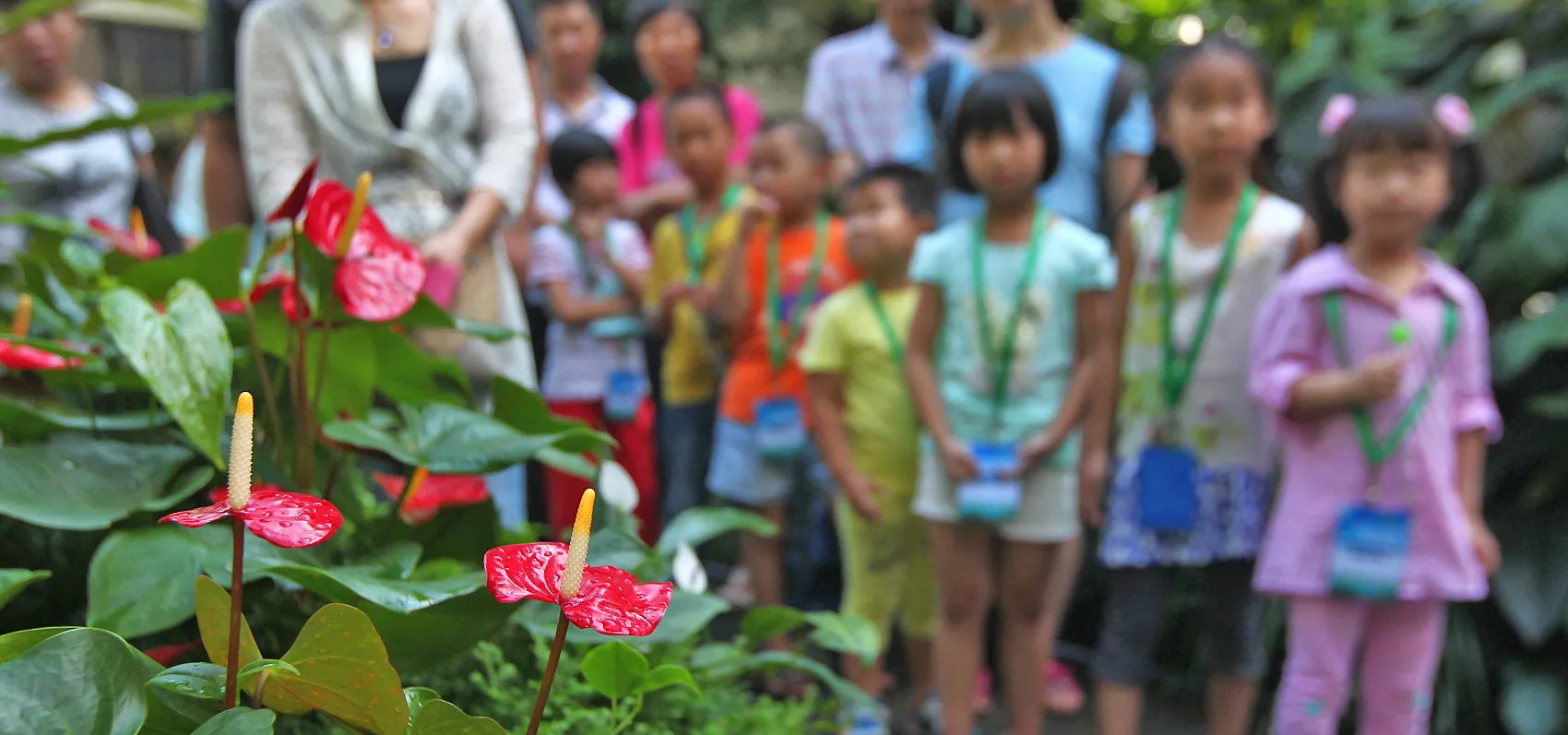Urbanization and screen addiction are creating a generation lacking nature awareness, but some are hoping to reverse the trend
On a sweltering August afternoon in Beijing’s Chaoyang Park, with temperatures reaching 32 degrees Celsius, a dozen children aged 3 to 7 huddle together in the shade. The woods buzz with mosquitoes, leaving itchy welts on the children’s arms and legs before being fanned away by attentive parents.
Despite the discomfort, the children are captivated as their teacher introduces them to the Allomyrina dichotoma, commonly known as the rhinoceros beetle for the large horn on the male’s head. The teacher carefully removes a squirming larva from a box and encourages the children to pass it around. Some recoil, others squeal in fright; yet all gradually find the courage to hold the tiny creature.
The class is organized by Tinker Garden, a startup offering nature and ecological education courses for children under the age of 7. Parents are eager to fork over 300 yuan for a single session, telling TWOC that nature education is notably lacking in most of China’s public schools, where children rarely have a chance to play outside. These days, their time is mostly consumed by school, sleep, after-school tutoring, and the constant presence of mobile devices.













